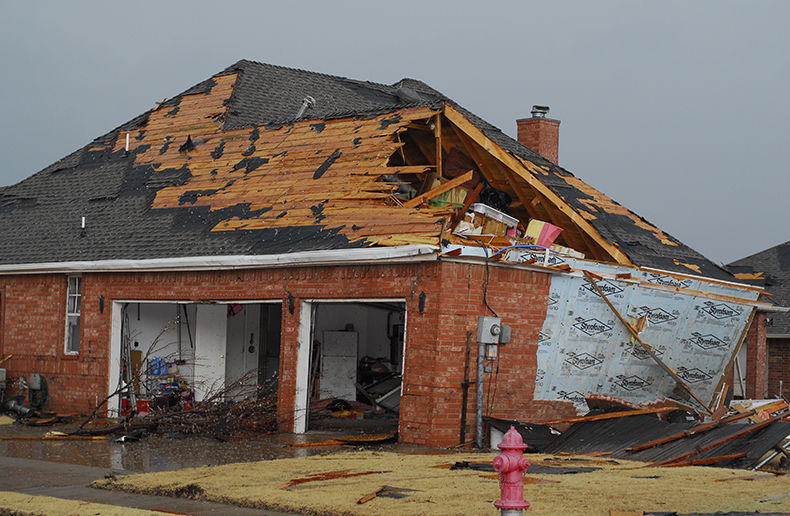The British Columbia ombudsperson has released an extensive new report saying the current financial support programs in place for people displaced by extreme weather emergencies is unfair and outdated. The ombudsperson is responsible of investigating complaints of unfair or unreasonable treatment by provincial or local authorities while providing general oversight of the administrative fairness of government processes.
Entitled Fairness in a Changing Climate: Ensuring disaster supports are accessible, equitable and adaptable, the report further says emergency support programs are under-resourced, poorly communicated and inaccessible for vulnerable evacuees. It is based on a review of the government’s response to 2021 fires and floods that displaced thousands. During that year, British Columbia experienced a heatwave which killed, destructive wildfires and widespread flooding.
“The events of 2021 showed that existing government programs are not meeting the demand that intensifying extreme weather presents. The report finds the current one-size-fits-all approach to emergency support services unfairly creates barriers for people to access the supports they need,” the report’s authors state in an announcement about the publication’s release.
“Climate change has resulted in more frequent and more extreme weather emergencies and government is trying to respond with a framework that is decades old and insufficient to meet current reality,” adds BC’s ombudsperson, Jay Chalke.
The two government programs reviewed include the Emergency Support Services (ESS), which provides short term financial support for basic needs, and the Disaster Financial Assistance (DFA) program which provides assistance to those who are underinsured and uninsured, to rebuild their homes.
“The ombudsperson found unclear and confusing communication about these programs, unreasonable delays in providing support, a lack of flexibility in how supports are delivered and a process that does not take into account the distinct needs of Indigenous evacuees as well as elderly people and people with physical and cognitive disabilities,” they state.
The report also notes that climate change is impacting the availability of insurance – a changing reality which needs to be taken into account as recovery supports are modernized, Chalke says.
It further warns that large scale and compounding disasters are exceeding the current design and capacity of recovery programs and states that government must communicate clearly with the public about the role of private insurance.
The report also makes 20 recommendations the province’s Ministry of Emergency Management and Climate Readiness has accepted and committed to implementing.







